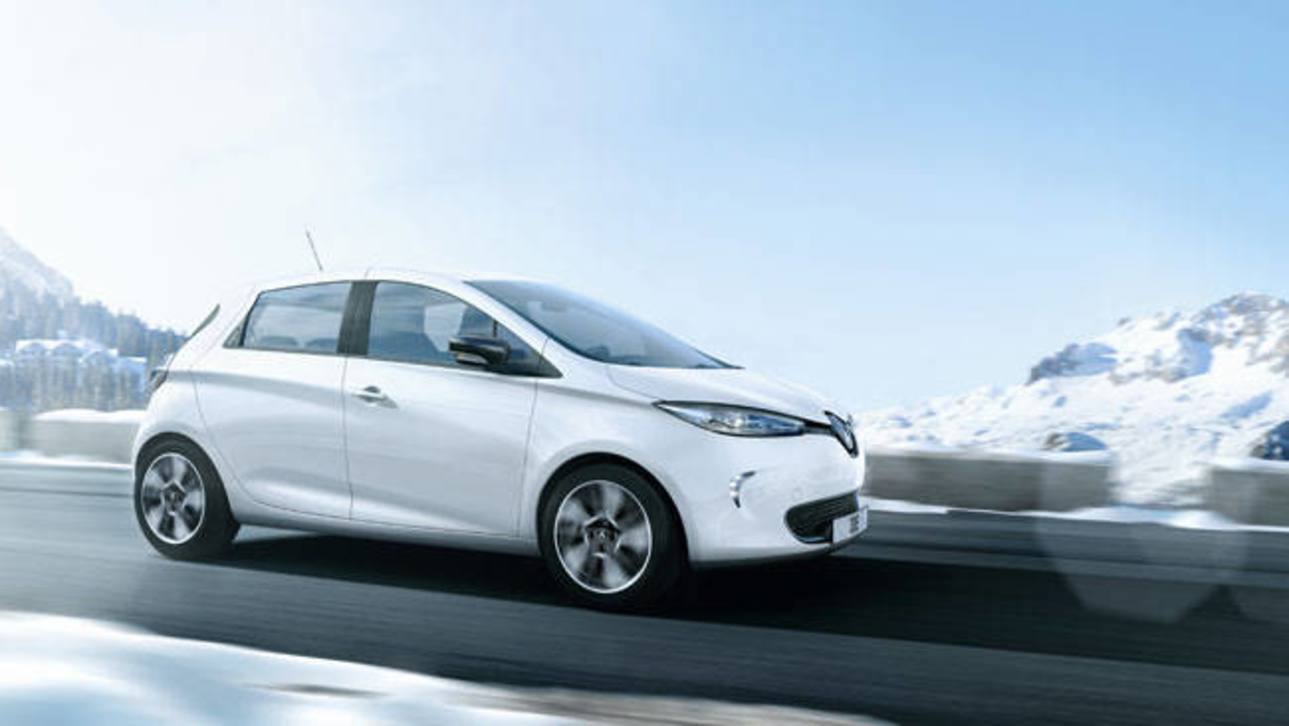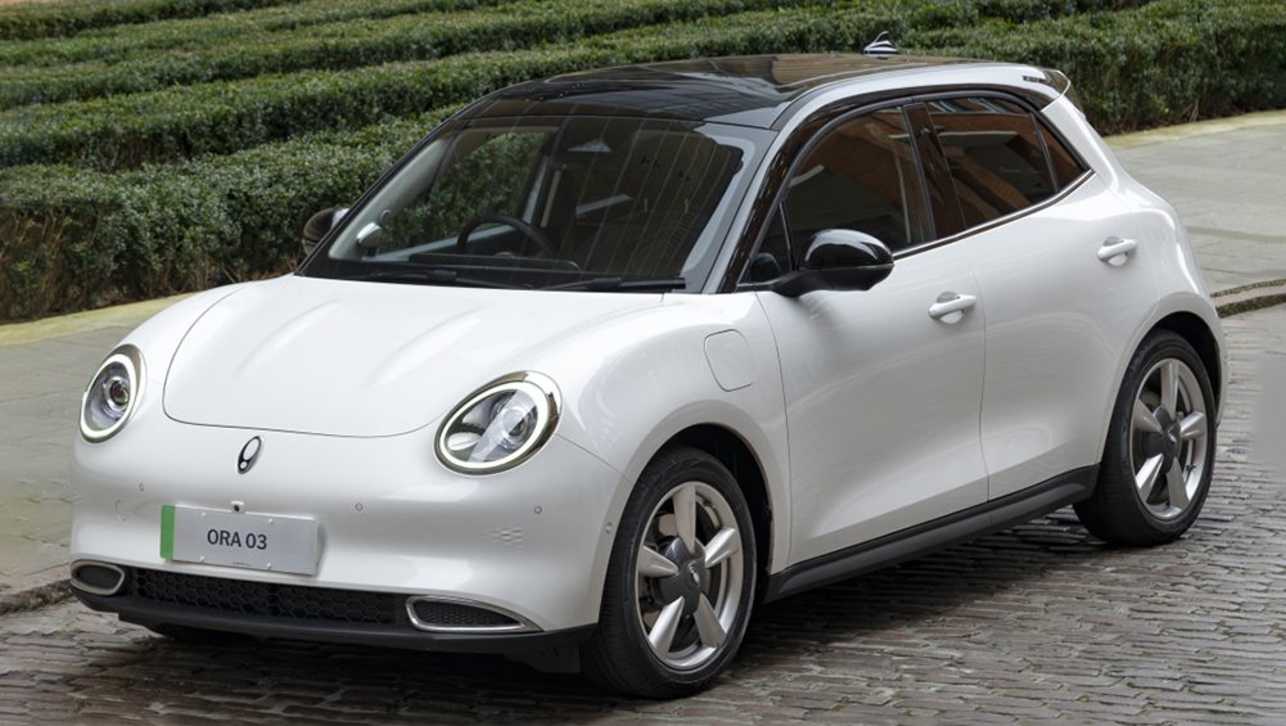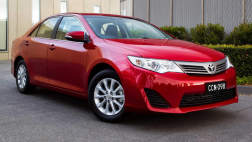China is set to provide the power for the large-scale introduction of electric cars as it accelerates towards two million sales a year by 2020.
Australians have bought a relative handful of plug-in cars since the start of local sales, despite the quality of the Nissan Leaf and Holden Volt, as government at all levels ignores calls for the sort of subsidies and tax breaks that have provided a vital spark in Europe and the USA.
Renault Australia was forced to pull the plug on its Fluence ZE, a battery-swap electric car, because of the lack of infrastructure and problems for its energy partner, Better Place.
But China could change the game as it forces carmakers to adopt electric and plug-in hybrid technology to cut its reliance on imported oil and reduce pollution in the overcrowded cities where more than half of its population is concentrated.
"I think the breakthrough will come from China. I think the solution is going to be there," says Carlos Ghosn, the head of Renault-Nissan. "China is moving very aggressively. All the problems are lining up to make China the biggest electric car and plug-hybrid market in the world."
His company is leading the world in production of electric cars, including the Nissan Leaf and impressive new Renault Zoe, although he admits sales have been slow with just 70,000 deliveries worldwide over the past five years.
"Four or five year ago, when we decided to go with electric cars, people were considering electric cars like a golf cart. But we came with the leaf and now the Zoe, which is a very good car. The 70,000 people today who are driving electric cars are very happy with the product," Ghosn says.
But he also recognises the challenges. "The main obstacles to electric cars are mainly linked to infrastructure and range, because they are connected. If you can do only 100 or 150 kilometres, well, you worry about range. But if there is infrastructure everywhere you don't worry about the range. If you can charge at the mall or work."
He says the other barrier is cost, even though the Zoe will be the equivalent of $14,000 in Europe - plus a monthly battery rental - thanks to large-scale government subsidies. "People want environmentally friendly cars but they don't want to pay for them. They just want an even price," Ghosn says.
"The solution is going to be there. We must continue to reduce the price of the car, through continuous improvement, and continue to lobby and work with cities and governments in order to have the infrastructure." But he says the big push is coming from China, where carmakers are being forced into electric-car partnerships.
"The Chinese have already taken very hard decisions and they have said two million electric cars in 2020. You cannot have any investment decision agreed by the government in China if you do not have what they call a 'new-energy' car.
A 'new energy' car is an electric car or a plug-in hybrid. If you don't have them don't ask to increase capacity, even of normal gasoline cars." But Ghosn says China is not the only country accelerating its electric drive.
"On top of this, France is moving aggressively, the US is moving aggressively and some cities are moving aggressively," he says. "The mayor of London has told us already he would like to have all the taxis in London as zero emission. We are negotiating with the mayor of Rio in preparation for the Olympics.
"We have seen a lot of initiative coming. We need to be patient. We need to continue to develop the technology, develop the product, cut the costs and make the cars better. "When it takes off, we will be ready."
This reporter is on Twitter @paulwardgover





.jpg)
.jpg)



.jpg)
.jpg)


.jpg)


.jpg)




.jpg)






Comments